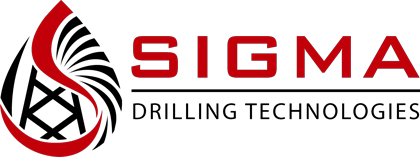Not long ago, it was unthinkable that drillers in the U.S. would enjoy the stability and revenue of an export market in oil. Crude oil exports were banned in the 70’s, exports to Canada were the only area of exemption. Today, everything has changed. The U.S. lifted its ban on petroleum exports in December 2015. It has been a move that has had significant effects on the global petroleum industry.
With OPEC, Russia and other major oil producers agreeing to cut production by 8 million barrels a day, U.S. drillers now have a real share of the world’s near 100 million barrel-a-day market. There is now more oil flowing eastwards and into the rest of the Americas from the U.S. than ever before. Asian refineries, especially, have shown strong demand for U.S. production.
Exports for Survival
Exports are vital to U.S. drillers for the simple reason that a great deal of American oil is the lighter shale variety. American refineries are built to handle the heavier oil of overseas imports. It is these complications that have made exports attractive to local drillers.
In 2017, the U.S. is poised to enter the top 10 of the world’s oil exporters with about 2.25 million barrels pumped each day, an increase of 400% year-on-year.
To further leverage U.S. exports, the Trump administration has been exploring deregulation of oil and gas production. It is policy the government terms “energy dominance.”
Aiming for Efficiency
Nevertheless, drillers need to exercise caution as they ramp up to meet export demand. Prices continue to linger around the $50 mark. In this environment, it is aggressive cost savings that are likely to help companies maintain competitiveness well enough to take advantage of new markets.
The Norwegian driller Statoil has lead the way with technological investments in the Eagle Ford Shale field. The company has managed to cut costs by a third.
Investing in advanced drilling rig technology to help improve reliability and lower costs is likely to lead to greater competitiveness for drilling contractors too. Sigma, the leading dampener manufacturer and pulsation solutions company, for example, offers technologies that help contractors get more out of their investment for longer. Technological investments are central to success in U.S. shale production today.
Learn more by calling Sigma at 281-656-9298, or fill out our contact form today.




